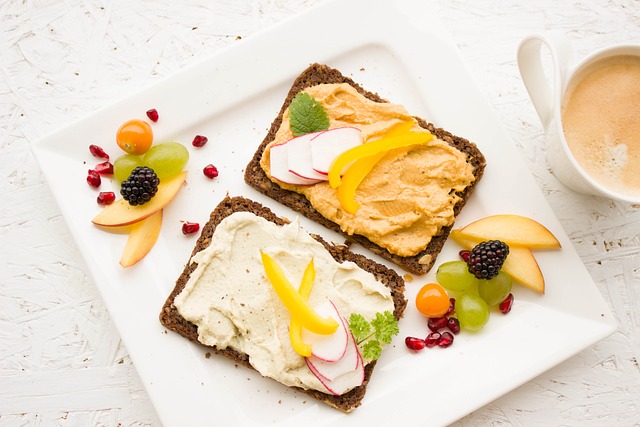The Ultimate Guide to Probiotics: Boosting Your Immunity and Digestive Health
Welcome to the ultimate guide to probiotics! In this article, we’ll explore everything you need to know about these beneficial microorganisms and how they can enhance your immunity and digestive health.
What are Probiotics?
Probiotics are live bacteria and yeasts that are good for your health, especially your digestive system. These microorganisms are commonly referred to as “good” or “friendly” bacteria because of their numerous health benefits.
Probiotics can be found in various food sources, such as yogurt, kefir, sauerkraut, pickles, and kimchi. They can also be taken in the form of supplements, available in capsule, tablet, or powder form.
How Do Probiotics Boost Immunity?
One of the key benefits of probiotics is their ability to enhance your immune system. Around 70% of your immune system is located in your gut, making it crucial to maintain a healthy balance of gut bacteria.
Probiotics help strengthen your immune response by increasing the production of antibodies, activating white blood cells, and regulating the immune system’s overall function. By improving the gut microbiota, probiotics can help decrease the risk of infections and support a robust immune system.
Probiotics and Digestive Health
If you’re looking to promote a healthy digestive system, probiotics can be your best friend. These beneficial bacteria play a crucial role in maintaining the balance of microorganisms in your gut, which in turn supports optimal digestion and absorption of nutrients.
Probiotics help in breaking down and absorbing nutrients from food, preventing digestive issues like constipation, bloating, and diarrhea. They also aid in the synthesis of vitamins, such as vitamin K and certain B vitamins, which are essential for overall health.
The Benefits of Probiotics
The benefits of incorporating probiotics into your daily routine are numerous:
- Improved Digestive Health: Probiotics promote a healthy gut environment, preventing and alleviating digestive issues.
- Enhanced Immune Function: By bolstering your immune system, probiotics help combat infections and protect against harmful pathogens.
- Reduced Inflammation: Certain strains of probiotics reduce inflammation in the gut, which can benefit individuals with inflammatory bowel diseases.
- Better Nutrient Absorption: Probiotics assist in the breakdown and absorption of nutrients, ensuring your body receives the maximum benefit from the foods you eat.
- Management of Antibiotic-Related Side Effects: Taking probiotics during or after a course of antibiotics can help restore healthy gut bacteria and reduce antibiotic-associated diarrhea.
Choosing the Right Probiotic
When it comes to selecting a probiotic supplement, it’s essential to consider a few factors:
- Strain diversity: Look for a supplement that offers a variety of probiotic strains, as they each have unique benefits.
- CFU count: CFU stands for “colony-forming units” and represents the amount of live bacteria in each serving. Opt for a supplement with a higher CFU count for optimal effectiveness.
- Survivability: Ensure the probiotic strains in the supplement are shelf-stable and can survive the journey through the acidic environment of the stomach.
- Quality control: Choose a reputable brand that follows rigorous testing and quality control measures to ensure the potency and purity of their probiotics.
Tips for Incorporating Probiotics into Your Diet
Here are some simple ways to include more probiotics in your daily diet:
- Include fermented foods: Add yogurt, kefir, sauerkraut, and other fermented foods to your meals as they are natural sources of probiotics.
- Try probiotic-rich beverages: Enjoy a glass of kombucha, a fermented tea, or switch to drinking water kefir instead of regular soda.
- Take a probiotic supplement: If it’s challenging to consume enough probiotics through food sources alone, consider a high-quality supplement to meet your daily needs.
Conclusion
Probiotics have become increasingly recognized for their significant impact on immunity and digestive health. By incorporating probiotic-rich







